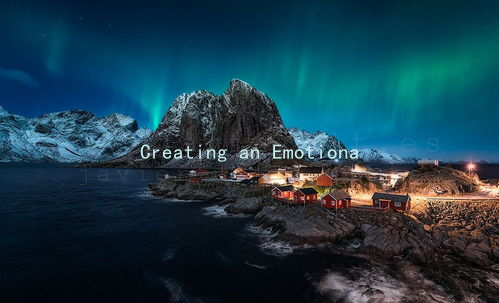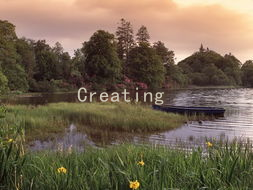Love and Lust: Applying Scientific Theories to Improve Your Romantic Life
Love and Lust: Applying Scientific Theories to Improve Your Romantic Life
In the realm of love and relationships, emotions can often feel chaotic and overwhelming. However, by applying scientific theories and insights, we can navigate the complex world of romance more effectively. This article explores how various psychological and biological concepts can enhance your romantic life, making the intricate dance of attraction a bit easier to understand and manage.
One of the most influential theories in understanding relationships is the attachment theory. Developed by psychologist John Bowlby and later expanded by Mary Ainsworth, attachment theory posits that the bonds formed in early childhood with caregivers shape our adult romantic relationships. Individuals typically exhibit one of three attachment styles: secure, anxious, or avoidant. Understanding your attachment style, as well as that of your partner, can help you identify patterns in your relationship dynamics. If you are anxious, for example, you might require more reassurance, while an avoidant partner might resist intimacy. Recognizing these tendencies can foster better communication and empathy, ultimately leading to a healthier relationship.
Another important aspect to consider is the role of biological factors in attraction. The mere exposure effect suggests that familiarity increases our attraction to individuals. Therefore, engaging in social activities where you can frequently encounter potential partners—like classes, clubs, or community events—can enhance your chances of developing a romantic connection. Additionally, pheromones, the chemical signals released by individuals, play a subtle but significant role in attraction. While the science is still evolving, it is clear that our bodies communicate in ways beyond verbal or visual cues. Being mindful of how you present yourself and the environments you frequent can create opportunities for deeper connections.

Moreover, the concept of reciprocity in relationships cannot be overlooked. Social psychologist Elaine Hatfields research on the matching hypothesis highlights that people tend to seek partners who are equally attractive on both physical and psychological levels. To leverage this, focus on self-improvement—caring for your physical health and cultivating your interests not only boosts your confidence, but it also makes you a more attractive partner. Sharing your passions and being authentically yourself will draw like-minded individuals to you.
Communication is the cornerstone of effective relationships, and understanding the principles of nonviolent communication (NVC) can significantly improve how you interact with your partner. Developed by Marshall Rosenberg, NVC encourages expressing feelings and needs without blame or criticism. Instead of saying, “You never listen to me,” you might express, “I feel unheard when I share my thoughts, and I need your attention.” This approach fosters a more open dialogue and reduces defensiveness, enabling both partners to feel valued and understood.
Lastly, embracing the concept of growth mindset can transform how you approach challenges within a relationship. Psychologist Carol Dweck’s work on mindset emphasizes that viewing difficulties as opportunities for growth rather than insurmountable obstacles can lead to deeper satisfaction and resilience in partnerships. Acknowledge that conflicts are inevitable, but approaching these situations with a collaborative mindset can strengthen the bond you share with your partner.
In conclusion, enhancing your romantic life is not solely about finding the right partner, but understanding the underlying psychological and biological principles that govern attraction and relationships. By applying the insights of attachment theory, biological attraction, reciprocity, nonviolent communication, and growth mindset, you can cultivate a more fulfilling romantic life. Remember that love, like any intricate dance, requires practice, patience, and a willingness to learn. With the right approach, you can transform your romantic endeavors, turning fleeting encounters into lasting connections.





